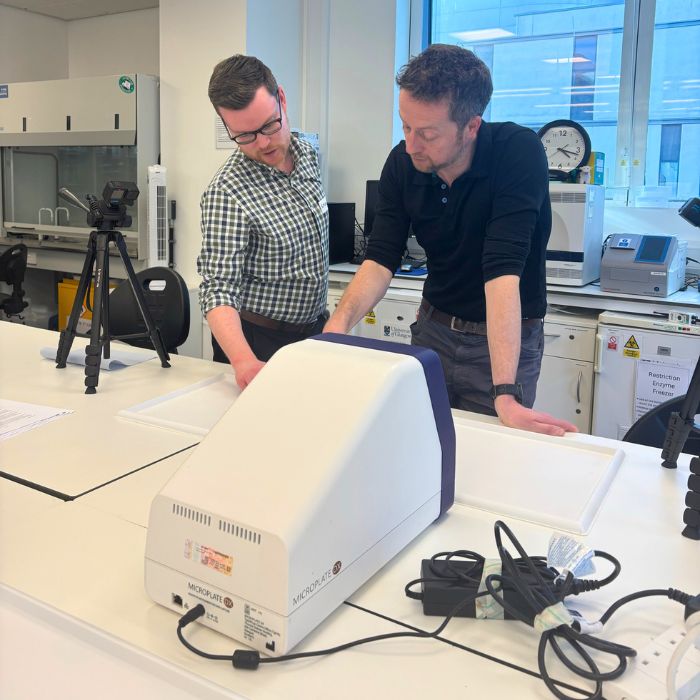Clinicians’ Perspectives on RapidPlate™ for Primary and Secondary Care
DHVL delivered a series of focus groups and simulation activity to examine clinicians' perspectives on the acceptability, impact, and integration of RapidPlate™ into treatment pathways across primary and secondary care. This novel rapid antibiotic susceptibility testing (AST) device, developed by Microplate Dx, aims to improve urinary tract infection (UTI) diagnosis, accelerate treatment, and reduce antimicrobial resistance (AMR).
Antibiotic Susceptibility Testing
For Urinary Tract Infections (UTIs)
Urinary tract infections (UTIs) are one of the most common bacterial infections, affecting millions of people worldwide each year. While many UTIs can be treated effectively with antibiotics, delays in antimicrobial susceptibility testing (AST) can often lead to inappropriate antibiotic prescribing, treatment failure, and the worsening of antimicrobial resistance (AMR). Faster, more precise AST could improve treatment decisions, reducing complications and antibiotic resistance.
Microplate Dx
DHVL is investigating clinicians' perspectives on RapidPlate™, a novel AST device developed by Microplate Dx. Designed to deliver faster results, the device has the potential to improve targeted treatment for UTIs, reducing complications and the risk of AMR. Understanding how clinicians perceive its usability and implementation will be key to its successful adoption in healthcare settings.
Through focus groups and clinical simulation with primary and secondary care clinicians, we are gathering insights on clinical value, current care pathways and potential challenges to implementation. These findings will help shape the implementation and R&D strategy for RapidPlate™, accelerating its integration into routine clinical practice, to ultimately enable faster, more effective treatment for patients with UTIs.
DHVL has collaborated to develop and deliver an evidence generation plan, which includes patient engagement and technical validation of the device, and we look forward to supporting future bedside trials.


